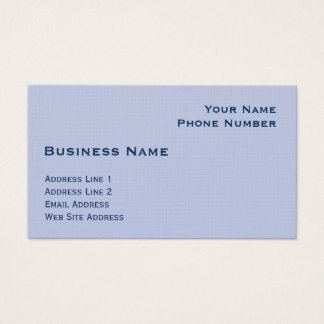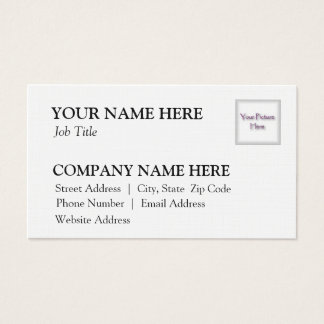Who is considered a stakeholder? Since 1997, corporations existed principally to serve shareholders, according to the Business Roundtable’s Principles of Corporate Governance. Under the new Statement, stakeholders now will also include customers, employees, suppliers, and communities; shareholders will no longer be the primary focus.
Under the new Statement, corporations will continue to lead for the benefit of shareholders, but shareholders will no longer be the primary focus; stakeholders will also now include customers, employers, suppliers, and communities. Companies will be investing in their employees and communities, allowing them to create a new standard for corporate responsibility, and ultimately becoming more successful over time.
While this messaging seems to demonstrate that corporations are moving in a direction where they are able to build long-term value, we also know Rome was not built in a day. Committing to all stakeholders is a major change. Pivoting towards that change will likely be done in gradual doses, and companies will need to stay committed to the new purpose.
What happens if you are not one of the 181 companies that signed off on the statement, but are inspired to redefine your purpose? What can your business do to make a change as soon as today?
Consider forming a Certified B Corporation
As a Certified B Corporation, your business is not trying to be the best in the world; rather, it wants to be the best for the world. The best way to reach that goal is to form a Certified B Corporation, an entity committed to using business as a force for good.
When a business commits to upholding a specific social or environmental purpose, it is subsequently held to a higher standard than general LLCs or sole proprietorships that do not. This is where B Corp certification comes into play. In order to be recognized as a Certified B Corp, a business must meet the performance and legal requirements set by the nonprofit organization B Lab.
The following is a brief primer of what’s entailed in becoming a Certified B Corporation:
- Take the B Impact Assessment. Also known as the BIA, this is a free test that helps businesses measure and manage their social and environmental impact. Questions in the BIA allow test takers to assess what they can do to build a business that is better for its workers, community, and the environment. Businesses that genuinely want to become a Certified B Corp must receive a full impact report, which takes about two to three hours to complete, and receive a minimum passing grade of 80 out of a possible 200 points. What happens if you receive a passing score? You will then be scheduled in for virtual assessment review with a member of the B Lab staff. During this time, you may need to provide further documentation that demonstrates how your business will commit to its specific purpose.
- Meet legal requirements. Certain changes may be necessary, especially if the business has incorporated under a different legal structure. You may need to adopt a benefit corporation status and update articles of incorporation before you can become a Certified B Corporation. If your business has board members or a legal counsel, they must also be notified as to whether there are any implications in making the shift. Board approval is necessary when becoming a Certified B Corp.
- Sign the B Corp Declaration of Interdependence. By signing this declaration, businesses are committing to also “walk the walk” as a Certified B Corporation. Their corporation is purpose-driven and conducts business as it matters for people and places. As such, the business must not harm anyone and should benefit one and all.
Review—or revamp—your mission statement
The purpose and values of an organization may be found in its mission statement. This statement should clearly articulate what your business does for its customers, employees, and owners. It may even go further by saying what you do for the community and, ultimately, the world.
Since mission statements naturally commit to all stakeholders, it’s important to review yours periodically. This allows you to see if the message still resonates with audiences and make revisions as necessary if it does not. Here are a few key elements of your mission statement to review:
- The company narrative. Mission statements often tell a story with the help of characters (in the form of customers and employees). While you may be inspired by the mission statements of major corporations, do not model your mission off of an existing statement. Your mission statement should be entirely unique to your business and its offerings.
- Meaningful words. Mission statements are often short and succinct, so every word counts. The best way to convey your purpose is to use meaningful words. These words may be exciting and inspire your audience to take action. Conversely, some of the most meaningful words used in mission statements—such as “belong”—are often simple ones.
- In the moment. Unlike vision statements, which look toward the future, mission statements only addresss what will happen today. They cannot promise their stakeholders the moon if they know they cannot deliver on that promise. Instead, they must be able to commit to what can be delivered in right now.
Encourage feedback from your team
Employees are also stakeholders, and one of the greatest assets your company has. Connect with them when redefining the purpose of your business. Encourage them to provide you with feedback, finding out where you can invest in their needs and implementing their useful feedback wherever you can. You’ll find that your business will be able to build long-term value and stay committed toward redefining its purpose much sooner if you simply ask your team for their honest feedback.
15% Off All Business Cards
VIEW ALL CARDS
$60.05
$60.05
$62.55
$60.05
$60.05
$60.05
$60.05
$52.55
$60.05










No comments:
Post a Comment